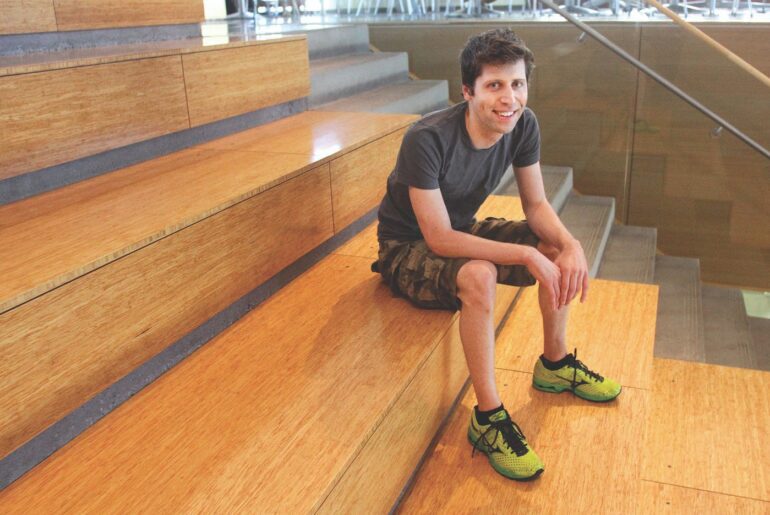TL;DR:
- Sam Altman, CEO of OpenAI, responds to CP Gurnani’s video sharing his ‘hopeless’ remark on India’s AI potential.
- Altman clarifies his statement, emphasizing the need to avoid misinterpretations taken out of context.
- Gurnani accepts the challenge and expresses determination to prove Altman wrong.
- Altman’s comment was made during an event organized by The Economic Times, where he discussed India’s capability to develop an AI tool like ChatGPT.
- Altman highlights the difficulty of competing with OpenAI’s training of foundational models but encourages others to attempt it anyway.
- Gurnani mentions Tech Mahindra’s work on Generative AI and their suite of AI offerings for enterprises.
- Altman and Gurnani’s exchange sheds light on the competitive nature of the AI industry.
Main AI News:
Sam Altman, the CEO of OpenAI, has addressed the recent controversy surrounding his comment on India’s AI potential. In a video shared by CP Gurnani, Managing Director & CEO of Tech Mahindra, Altman was heard stating that India’s chances of developing a ChatGPT-like tool were “hopeless.” However, Altman has now clarified his statement, emphasizing the importance of avoiding misinterpretations taken out of context.
Gurnani wasted no time in sharing Altman’s response on Twitter, accepting the challenge presented to him. He expressed his determination to prove Altman’s statement wrong, tweeting, “OpenAI founder Sam Altman said it’s pretty hopeless for Indian companies to try and compete with them. Dear @sama, From one CEO to another.. CHALLENGE ACCEPTED.”
Altman’s clarification came during an event organized by The Economic Times, where he was questioned by Rajan Anandan, a former Vice President of Google in India and South East Asia and current venture capitalist. Anandan inquired about India’s capability to develop an artificial intelligence tool like ChatGPT, prompting Altman’s initial response.
Altman explained that OpenAI’s perspective on the matter involved highlighting the difficulty of competing with their training of foundational models. However, he also encouraged others to attempt it despite the challenges. While maintaining the belief that competition would be quite challenging, Altman characterized it as “pretty hopeless.”
“The way this works is we’re going to tell you, it’s totally hopeless to compete with us on training foundational models you shouldn’t try, and it’s your job to like to try anyway. And I believe both of those things. I think it is pretty hopeless,” Altman clarified.
Gurnani graciously acknowledged Altman’s clarification, tweeting, “Thank you for clarifying. Point taken.”
In the midst of this debate, Gurnani shed light on some of Tech Mahindra’s AI initiatives. He shared insights about their work on Generative AI, particularly mentioning Storicool, an advanced content creation platform developed in the media domain. Gurnani highlighted Tech Mahindra’s suite of AI offerings for enterprises, designed to assist them in their digital acceleration journeys. He also mentioned that Tech Mahindra was among the first IT services companies to introduce a credible chatbot, developed by their makers lab, back in 2016.
This exchange between Altman and Gurnani highlights the evolving landscape of AI development and the competitive spirit within the industry. While Altman’s initial remark sparked controversy, his subsequent clarification encouraged innovation and competition while urging caution against misinterpretations taken out of context. It remains to be seen how India’s AI ecosystem will respond to this challenge and further contribute to the field of artificial intelligence.
Conclusion:
Sam Altman’s clarification on his ‘hopeless’ remark regarding India’s AI potential aims to address misinterpretations and encourage innovation and competition. The response from CP Gurnani and Tech Mahindra showcases the determination of Indian companies to prove their capabilities in the field. This exchange reflects the dynamic and competitive nature of the AI market, with both global players and local companies vying for advancements in artificial intelligence.

